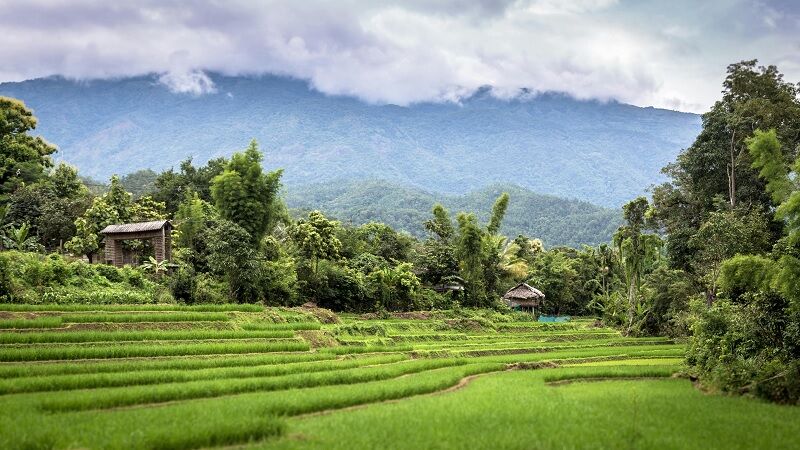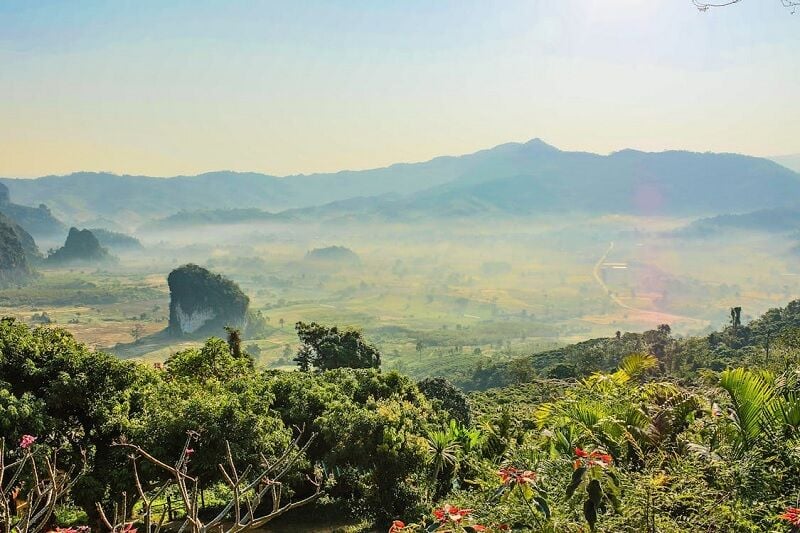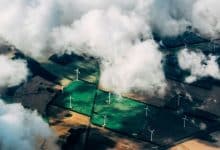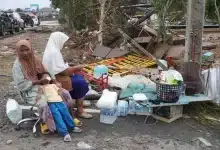How will climate change affect Thailand in the future

With its stunning variety of places, from mountains to beaches, Thailand is rolling up its sleeves to face the challenges of climate change head-on. Imagine the scene: rising sea levels and more extreme weather are set to shake things up in Thailand’s beautiful landscapes, vibrant communities, and a strong economy.
Diving into how climate change will reshape Thailand is like opening a book full of stories about what’s going to look different and how people’s lives might change. The heart of Thailand beats through its farms and tourist spots—places that really feel the heat when the weather starts acting up. This tells us we need to get moving on solutions now. Thinking about what’s ahead makes it clear we have to look at the big picture—from folks possibly moving to new places, society changing in cool ways, and even how Thailand talks with other countries.
In the middle of all this action, what keeps Thailand moving forward towards a bright future is a killer combo of smart policies, being ready for whatever comes next, and a community spirit that says, We can adapt! How Thailand handles politics and business matters more than ever as they steer through these big shifts. Getting into the nitty-gritty of how climate change affects Thailand not only shows us the challenges but also shines a light on promising ways forward. Let’s jump on this chance to work together for a strong and green future for Thailand.
Climate change trajectory in Thailand

Projected temperature and sea level changes
In Thailand, projections for future climate conditions indicate a considerable increase in temperatures and sea-level rise. Authorities forecast that temperatures could escalate by as much as 4°C by the century’s conclusion, significantly impacting the country’s agricultural and tourism industries. These alterations in temperature, along with an anticipated sea level rise of up to one meter, present a critical risk to coastal regions and urban areas. Specifically, Bangkok is at an increased risk of flooding, underscoring the imperative need for efficient climate adaptation measures.
Greenhouse gas concentrations
Thailand is facing a bit of a tough spot when it comes to greenhouse gas emissions and its climate goals. Being a growing country, its journey towards economic growth is kind of tangled up with increasing emissions, mainly from making energy, farming, and getting around. But here’s the hopeful part: Thailand is aiming to cut down its greenhouse gas emissions by 20–25% by 2030. To hit this target, there’s a plan that involves leaning into renewable energy sources, making things more energy-efficient across the board, and putting some stronger environmental rules in place. It’s super important for Thailand to stick to these steps because doing so is key to moving the country toward a future where it can thrive without harming our planet.
Environmental impacts & biodiversity

Threat to coastal ecosystems and marine life
As the planet warms up, rising sea levels are making things tough for local plants and animals, squeezing their living spaces and even putting some of their homes underwater.
But here’s a bit of good news: mangrove forests are stepping up as heroes! These lush green spaces are super important because they offer a cosy home for lots of marine critters and act like natural shields against stormy weather and beach erosion. The thing is, these valuable ecosystems are facing their own challenges with all the environmental changes happening, which could make things tricky not just for our animal pals but also for people who depend on them.
And there’s more to think about: warmer oceans mean coral reefs are having a hard time too, with coral bleaching events becoming more common. This doesn’t just take away from the breathtaking view underwater but also messes with the balance of life down there, affecting many species that rely on reefs to survive. This is especially tough on local fishermen, whose way of life and food supply are being affected by these changes. It’s super important to step up our game in protecting Thailand’s coastlines to fight back against climate change effects.
The fate of Thailand’s agriculture and water resources

Thailand’s farming scene, which is super important to its economy, is facing some big challenges because of climate change. It looks like changes in weather, like shifts in temperature and how much it rains, could make water even scarcer. This isn’t great news for growing foods and could mean less produce and not-so-great quality too. Plus, with more extreme weather hitting harder and more often—think droughts and floods—it’s going to be tough to keep up with when to plant and harvest stuff. This could really shake up food security.
What’s more, these changes might mess with watering the crops that are key for Thailand, especially rice. That’s a big deal since rice is a huge part of what the country sells abroad. If things don’t go well, it might affect how stable the economy is.
It really highlights how important it is for us to come up with plans that help us adapt to these changes. Finding ways to make sure Thailand can keep producing enough food and securing water resources will also help the country stay strong against whatever climate change throws our way.
Thailand’s adventure in tackling climate change is as tough as it is heartening. The country is really stepping up its game by cutting down on carbon emissions and embracing green technology with open arms. And guess what? You can be part of this exciting journey! Getting to grips with big deals like the Paris Agreement and rooting for policies that love our planet means you’re joining a worldwide team effort. Thailand’s forward-thinking approach not only keeps it bouncing back stronger but also shines as a standout example for everyone else. Let’s get behind these awesome initiatives and cheer for a happier, healthier Earth together.
Considering the above-shared details you can also check out the challenges and solutions for forest conservation, Thailand is currently facing a significant environmental challenge that has garnered widespread concern, particularly among conservationists: deforestation.
Latest Thailand News
Follow The Thaiger on Google News:


























